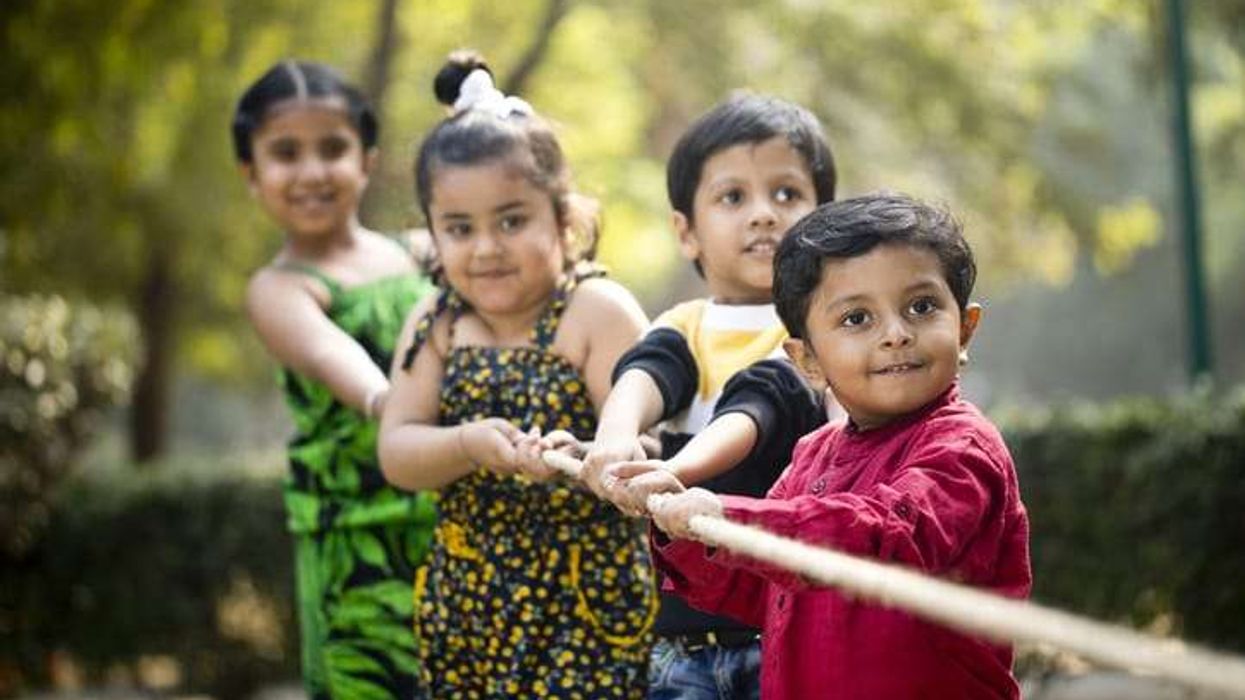SAUDI ARABIA has announced that it will bar arrivals from abroad to attend the haj this year due to the coronavirus, allowing only a limited number of Saudi citizens and residents to make the pilgrimage with social distancing measures enforced.
The decision came at a time when global coronavirus infections topped nine million, and the World Health Organization warned the pandemic was "still accelerating".
The Saudi announcement means this will be the first year in modern times that Muslims from around the world have not been allowed to make the annual pilgrimage to Mecca, which all Muslims aim to perform at least once in a lifetime.
"This decision is taken to ensure Hajj is performed in a safe manner from a public health perspective while observing all preventative measures and the necessary social distancing protocols to protect human beings from the risks associated with this pandemic and in accordance with the teachings of Islam in preserving the lives of human beings," the Saudi ministry that oversees pilgrimages said on Monday (22).
Authorities said only about 1,000 pilgrims of various nationalities already in the kingdom will be allowed to perform a dramatically scaled-down haj.
The decision sparked disappointment among Muslims worldwide even as many accepted it was necessary due to the health risks involved.
"The number of pilgrims will be around 1,000, maybe less, maybe a little more," Hajj Minister Mohammad Benten told reporters in Riyadh.
"The number won't be in tens or hundreds of thousands" this year, he added.
The pilgrimage will be limited to those below 65 years of age and with no chronic illnesses, Health Minister Tawfiq al-Rabiah said.
"Saudi Arabia has chosen the safest option that allows it to save face within the Muslim world while making sure they are not seen as compromising on public health," Umar Karim, a visiting fellow at the Royal United Services Institute in London, told AFP.
In a statement that gave the decision the cover of religious sanction, the Saudi-based Muslim World League said it endorsed the government move for the health and safety of pilgrims, according to state media.
The prestigious Islamic institution Al-Azhar in Cairo also welcomed the move, calling it "wise and based on Islamic jurisprudence".
And Youssef Al-Othaimeen, secretary general of the Organisation of Islamic Cooperation, said in a statement carried by state media that he "appreciated the utmost care given... to the health and safety of the pilgrims".
The number of coronavirus cases in Saudi Arabia has exceeded 160,000, with 1,307 deaths, following a rise in new infections over the past two weeks.
Some 2.5 million pilgrims typically visit the holiest sites of Islam in Mecca and Medina for the week-long haj. Official data show Saudi Arabia earns around $12 billion a year from the haj and the lesser, year-round pilgrimage known as umrah.
The kingdom halted international passenger flights in March and asked Muslims in March to put haj plans on hold until further notice. International arrivals for umrah pilgrimages have also been suspended until further notice.
Earlier this month, Malaysia and Indonesia both barred their citizens from travelling to Saudi Arabia for the pilgrimage, citing fears of the coronavirus.











